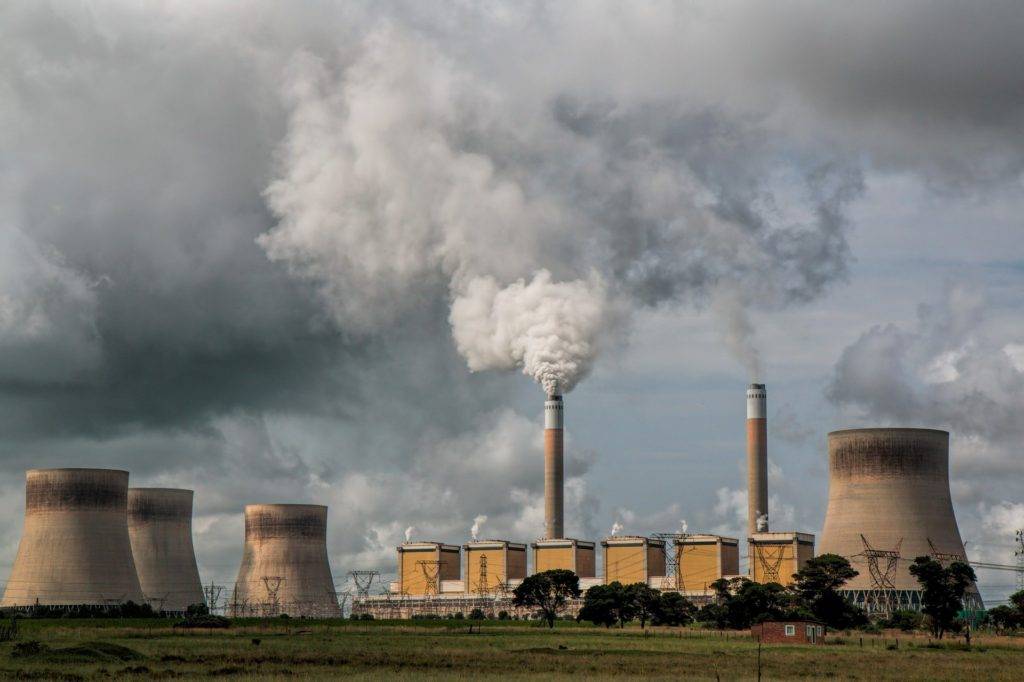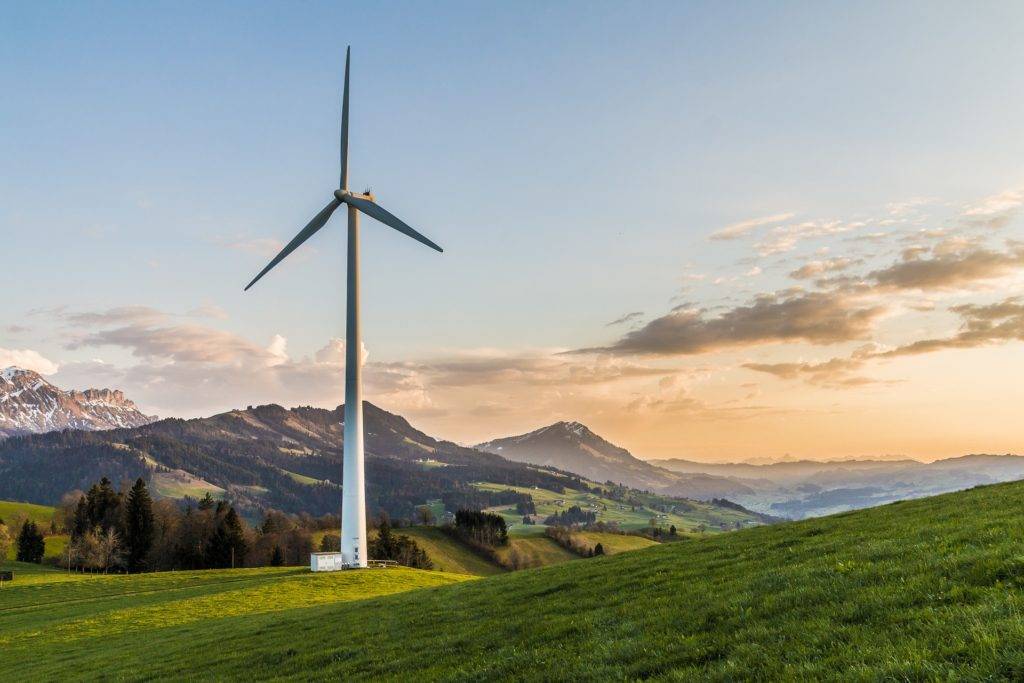Air. Inhale, exhale. We need it to live, it’s what we breathe. And while it alone cannot keep us alive, without it, we don’t have a chance at all. You would see it as a given that we clean our air and keep it clean. So why are we polluting our air and destroying our atmossphere?
“There’s so much pollution in the air now that if it weren’t for our lungs there’d be no place to put it all.”
Robert Orben
This post is one out of three posted on occasion of World Earth Day (22nd of April). The others are linked at the end, check them out as well.
In this one we will talk about all the things polluting our air and therefore our planet. We will discuss three main points:
- What is happening?
- Why do we have to protect our earth, meaning animals on land and forests?
- What can we do?
What is happening?
In 1920 there were about 3 million tons of CO2 emissions [1]. In 2020 there were 34 million tons[1]. How did this increase happen and where are all the emissions coming from?
About 100 companies are responsible for three quarters of all industrially produced greenhouse gases worldwide and more than half of these can be tracked back to about 25 major companies [1]. Amongst the top of the lost are private companies like Shell, BP, Chevron and ExxonMobil but also state-owned companies like Saudi Aramco, Coal India or National Iranian Oil are up on the list [1].
Most emissions are coming from the energy sector (73,2%) which is divided into all sorts of other sectors where energy is used. Energy use in industry makes up the biggest part (24,2%) [2].

The second biggest emission producer is animal agriculture. It produces more CO2 emissions than even the transportation sector [2]. Burning down forests to create paddocks, getting food to the animals, transporting the meat and processing the meat is extremely energy expensive. Furthermore animal waste contains methane which is 25 times more effective as a greenhouse gas than carbon dioxide. And in addition to that animal agriculture also produces 65% of the world’s nitroud oxide [3] which is 290 times worse than carbon dioxide. It is expected that these emissions rise by 80% in the following years [3].
When looking at the countries that emit the biggest amount of CO2, the top rank is occupied by China, followed by the USA, India and Russia. However we think this should also be seen in relation to the countries sizes because they are also amongst the biggest and most populated ones in the world.
There are so many links between our behaviour in so many areas of life to climate change. Commercial fishing is destroying our oceans who take up a huge amount of CO2 every year. We are destroying our forests, producing emissions by doing so but also taking away our planets lungs that take up so much carbon dioxide.
Why do we have to do something?
I think it’s obvious why we need to keep our air clean. Breathing dirty air, full of particulates or not being able to see ahead more than 2 meters because of air pollution is nothing anyone enjoys.
The emissions from carbon dioxide and other greenhouse gases boost the greenhouse effect that is happening on our earth and only promoted climate change. With ongoing climate change the average temperature will increase, which is especially deadly to our oceans. But because of the rising temperatures our poles are melting raising the sea level. This could lead to complete areas of land being flooded, killing people and animals.
People are dying prematurely due to air pollution!
What can we do?
There are a lot of things we can do to reduce our carbon footprints but because most emissions are coming from major companies, there needs to be a shift in people’s mindsets to bring them to also want to decrease their emissions gravely.
However what can we as individuals do to clean our air?
- Drive less: Living car free saves 2.04 tonnes of CO2 per person annually [4] but you can also reduce your carbon footprint by driving a battery electric car. However check where and how these cars are build, because sometimes the production produces just as much emissions as you driving a regular car.
- Participate in car-sharing offers if you do find yourself in a situation where a car is needed
- Fly less
- Use public transport rather than driving by yourself.
- Reduce or eliminate your intake of animal products.
- Eat locally and seasonal grown food or only buy from sources where you know where the products are coming from. This also goes for meat.
- If you have leftovers at the restaurant, take them with you to eat the next day. Restaurants will throw them away and only produce waste by doing so. They are also wasting food and you can prevent that.
- Reduce your overall waste. Don’t buy things wrapped in layers over layers of plastic. Shop only as much as you know you will need and eat up.
- When buying new products, especially clothing check their how much energy they needed to be made.
- Buy sustainable, recycled or second-hand clothing. A lot of brands have products made from recycled material.
- Do not throw away old clothes. You can donate them or find a cool DIY on the internet to restyle them.
- Use renewable energies or support them.
- Reduce the energy waste in your home: turn off lights, the heater, stream movies over tv not a game console, don’t let hot water running.
- SHARE! Share information on issues like this with your family and friends. Search the talk about international problems and support projects that are doing so.

We would love to hear your opinion on these matters in the comments. Let us know how you feel about what is happening to our air, what else we could do to clean it or even additional information.
Check out our other two posts talking about issues on our planet and share them to engage in the much needed conversation about these matters.
Sources:
[1] Nadja Ayoub, Utopia,13 Juli 2017, “Nur 100 Unternehmen produzieren 71 Prozent der industriellen Treibhausgas-Emissionen“, https://utopia.de/nur-100-unternehmen-produzieren-71-prozent-der-industriellen-treibhausgas-emissionen-57116/ (18. April 2021)
[2] Hannah Richie & Max Roser, Our World in Data, 2020, “Emissions by sector“, https://ourworldindata.org/emissions-by-sector (18. April 2021)
[3] Kip Andersen & Keegan Kuhn (Directors), 2014, “Cowspiracy: The Sustainabilty Secret“, USA: Appian Way, A.U.M. Films, First Spark Media
[4] Livia Albeck-Ripka, The New York Times, “How To Reduce Your Carbon Footprint“, https://www.nytimes.com/guides/year-of-living-better/how-to-reduce-your-carbon-footprint (18 April 2021)
[5] Roger Harrabin, BBC News, 20 May 2020, “Climate change: Top 10 tips to reduce carbon footprint revealed“, https://www.bbc.com/news/science-environment-52719662 (18 April 2021)
[6] Union of Concerned Scientiests, Published Jul 16, 2008 Updated Aug 12, 2020, “Each Country’s Share of CO2 Emissions“, https://www.ucsusa.org/resources/each-countrys-share-co2-emissions (16 April 2021)








